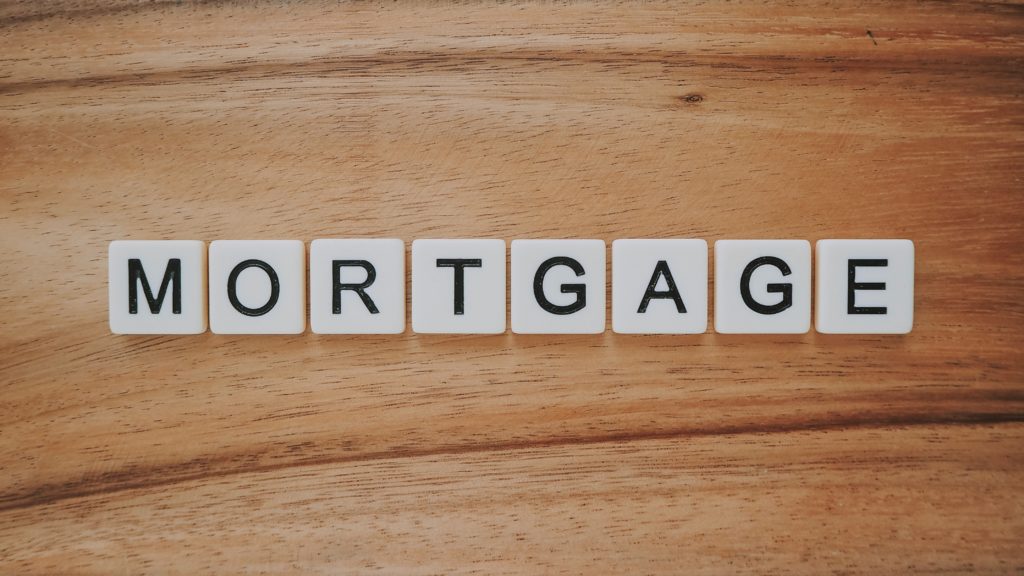How To Improve Your Credit Score Before A Remortgage
If you are considering remortgaging your property, you should aim to improve your credit score. The higher your credit score, the more likely you will be approved for a remortgage in addition to being offered better rates.
So, what is a credit score and how are they calculated?
A credit score is based on the information in your credit report. This information is provided primarily by creditors and lenders, but other sources are used, such as the Electoral Roll and the council, to gather further details on your financial history.
Your credit score can vary depending on which credit reference agency you use. Each agency has its own maximum credit score and they will analyse metrics differently to calculate the credit score they decide to give you.
For example, you can achieve a maximum credit score of 999 with Experian whereas, with TransUnion, the maximum credit score you can get is 710.
According to Experian, the average credit score in the UK is 759, which is rated as a fair credit score.
This blog will provide you with some tips to help you improve your credit score. But first, what is meant by remortgaging and can you do it to pay off debt?
Can You Remortgage To Pay Off Debt?
Remortgaging is the term used when you pay off your original mortgage with the proceeds of your new mortgage. You may choose to do this to release equity from your property to pay off any debt you have.
The equity released will be tax-free and, with the new mortgage, your new monthly payments could be reduced; however, this isn’t the best solution for everyone.
If you are unable to remortgage, a debt solution, such as an IVA (Individual Voluntary Arrangement) might be a more viable option for you, depending on your circumstances.
An IVA is a legally binding agreement that can be arranged to help you affordably repay your creditors. A payment plan is put in place, according to your income and expenditure, to ensure that you have enough money each month to pay for necessities, such as your rent/mortgage, bills, and food.
Why Has My Credit Score Gone Down?
Many factors play a part in the rise and fall of your credit score.
Below are just a few reasons why your credit score might have dropped:
- If you have missed a payment.
- If there is a derogatory mark on your credit report.
- If there is a change in the credit utilisation rate.
- If your credit limit has been reduced.
- If you have closed a mature account.
- If you have recently applied for, or opened, new lines of credit.
- If there is a mistake on your credit report.
5 Ways To Improve Your Credit Score
1) Pay Your Bills On Time

As previously mentioned, if you miss a payment, then this can negatively affect your credit score. So, to ensure your monthly payments are made on time, consider paying your bills by direct debit.
2) Avoid Hard Searches
Whenever you apply for new credit, (for example, when you take out a new phone contract,) the company will carry out a hard search, which will then be recorded on your credit report.
It is possible to ask some companies to carry out a soft search, which is better for your credit score.
But what’s the difference between a hard search and a soft search?
Well, whilst both a hard search and a soft search will appear on your credit report, lenders will only be able to view the hard searches; the soft searches will be invisible to them, so it will not affect their decision as to whether they lend to you.
3) Settle Any Debts
If you owe multiple creditors money, then this can negatively affect your credit score.
Consider setting up direct debits to ensure you are making regular payments to these creditors.
Additionally, try not to use all of your available credit; keep it below 30% if possible.
4) Regularly Check Your Credit Report
Your credit score could be negatively impacted because of false information on your credit report. To be able to correct any discrepancies when they occur, you should check your credit report often.
Your information should be up to date, including personal details, and all of your accounts and credit cards should be listed.
Any irrelevant, out-of-date information should be reported to the credit agency as soon as it has been identified.
5) Register To Vote

Registering to vote is possibly the quickest action you can take to help increase your credit score.
You can register online, providing your current address, and by doing so, you could add up to 50 points to your credit score.
We hope this blog has provided you with the information you need regarding remortgaging and how to improve your credit score; however, read more on Swift Debt Help to discover more about remortgaging your property.
Request a Debt Assessment
Disclaimer: For guidance only. Financial information entered must be accurate and would require verification. Other factors will influence your most suitable debt solution.


